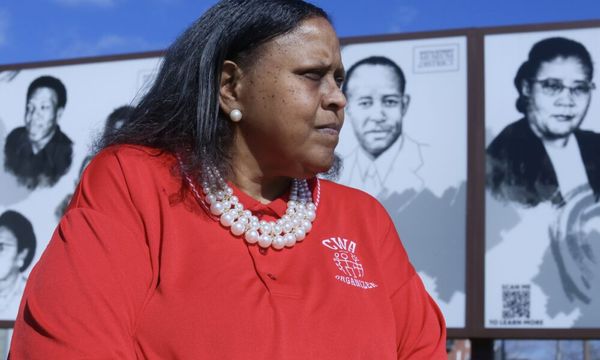GENDER stereotyping of the labour market begins from an early age and can limit future career opportunities for children in Scotland, a new report has found.
The Scottish Apprenticeship Advisory Board’s Gender Commission Report highlighted that by the time most businesses begin engaging with young people during S3 or S4, “stereotyped views are already entrenched.”
It stated: “These views lead to 70% of girls thinking a career in caring is rewarding (compared to 40% of boys), and boys believing that STEM careers are mostly suited to men.”
The report makes a series of recommendations for employers, which include having a “proactive strategy to promote and ensure gender diversity” through activities such as "bring your child to work" days.
It calls on industry and trade bodies to create engagement campaigns on gender diversity that are aimed at key transitional stages for young people.
The role of early years education is also stressed, with work to be done to improve gender balance in the sector and encourage more men into the sector.
“We know that gender stereotypes can be established as early as age two,” said Jane Brumpton, Gender Commission member and Chief Executive of Early Years Scotland.
“The early learning and childcare sector therefore has a vital role to play in supporting early approaches to gender diversity, which can affect the workforce of the future.
“I am pleased that the report recognises the vital importance of parents, carers, and early years professionals in shaping an early understanding of gender diversity.”
Chair of the Gender Commission, Natalie Buxton, managing director at global communications firm Weber Shandwick, added that action was needed across sectors if the problem was to be tackled effectively.
She said: “It is clear that the lack of gender diversity is not specific to apprenticeships. Instead, it reflects the broader, longstanding gendered norms that exist within the labour market – action is needed from everyone across the system, and much earlier than we previously thought.
“As an employer-led Commission, we wanted to provide clear advice on action that businesses can take and there are some immediate, quick wins that any organisation can benefit from.
“We would urge employers, those who influence a child’s career choice from the earliest years, and the Scottish Government, to take this work forward and change the way we think about addressing gender diversity in the workplace.”

The report includes case studies from organisations who have been successful in breaking down gender barriers through a proactive approach, highlighting some examples of good practice which can be easily replicated by other organisations.
Examples include drinks firm, Glenmorangie, which deployed anonymous recruitment practices, and award-winning Early Learning Centre, Shaw Mhor nursery in Glasgow.
Marion McKenzie, Head of Shaw Mhor, said: ‘‘I am delighted to see Shaw Mhor nursery included as an example of good practice within the Gender Commission’s report.
“We know that language is so important - how we speak to children, our choice of words, and the assumptions we make about jobs and who can do them, all have a significant impact during the formative years, creating barriers which can limit a child’s outlook and opportunities.”







